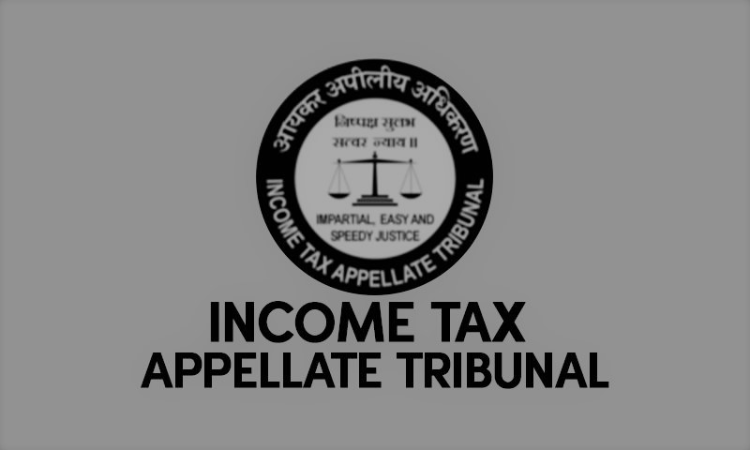Land Received In Lieu Of Business Loan Foregone, Is A Business Asset Not A Capital Asset: ITAT
Parina Katyal
20 Dec 2022 10:00 PM IST

Next Story
20 Dec 2022 10:00 PM IST
The Chennai Bench of the Income Tax Appellate Tribunal (ITAT) has ruled that the land received by the assessee in the normal course of its finance business, in lieu of a business loan foregone, would assume the character of a business asset and not a capital asset, irrespective of its treatment in the assessee's books of accounts. The bench of Mahavir Singh (Vice President) and...
